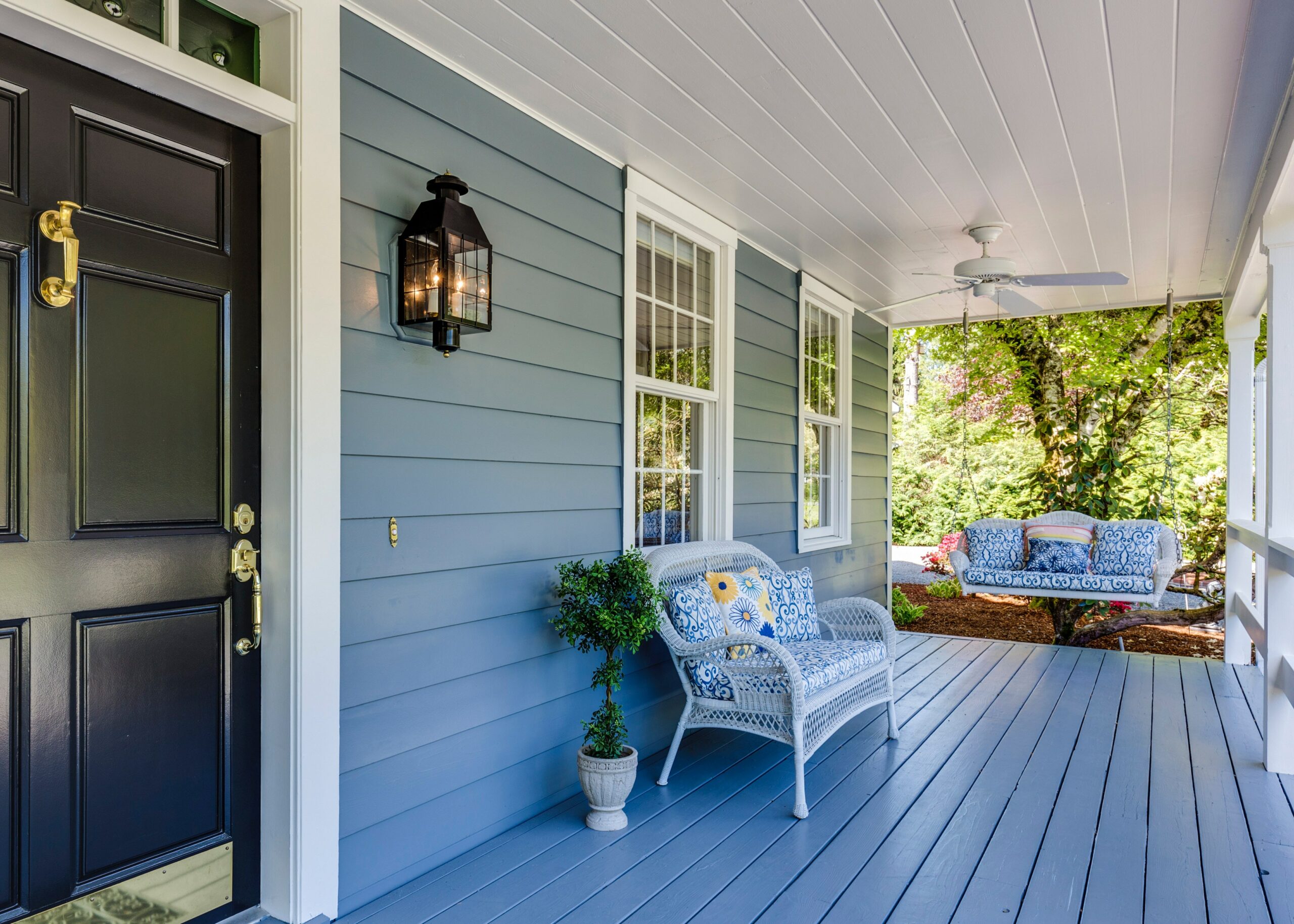11 Lifestyle Changes That Will Help You Save Money & Depend Less On Consumerism
Two and a half years ago, on a quiet Sunday morning, I quietly counted up all the debt that I accumulated. The total amount fell right under $50,000. I was young and inexperienced with financial matters. I knew that I was heading towards a life of misery and destitution if I didn’t get my life in order.
Over the last while, I’ve slowly changed my spending and saving habits. It wasn’t easy, and I often grew impatient and frustrated at the length of the journey. But if you start small, perhaps incorporate one or two actions at a time, you’ll slowly start to see more and more money left over in your bank account at the end of the month.
1. Bring Coffee To Work.
If you’re a coffee enthusiast like me, you probably have a bad habit of purchasing a cup or two every day. Ordering a latte every day won’t kill you, but it’s a symptom of how we automate our spending without blinking an eye. Change things up, and start bringing your coffee to work a few times a week. I promise, it’ll still give you that caffeine boost you need.
2. Take Public Transit As Much As Possible.
I’m lucky that I live in an urban city, with streetcars, subways, and buses. About a year ago, I did the math and figured out that the cost of my car mostly sitting in the parking garage did not outweigh the convenience of mostly using it on the weekends. I also stopped using Uber or taxis. Instead, I bring a book or listen to podcasts during my commute and either use transit or walk to wherever I need to go.
3. Be Selective Of Your Ephemeral Pleasures.
I don’t value all ephemeral pleasures equally: I prefer books over clothes, coffee over alcohol, and eating at restaurants over frequenting bars/clubs. I can’t spend money on everything that I like, but I can spend money on things that I really like. When you narrow down the top 3 or 4 things that make you really happy, purchase them unabashedly.
4. Budget. Budget. Budget.
You won’t be able to save your money until you know how much money you spend. A budget shouldn’t restrict you — it should free you. It allows you to spend a certain amount of money on whatever you want. A budget is a map that you get to design. There are infinite ways it can lead to your financial goal, the choice is yours to figure out what path to take.
5. Skip Expensive Gym Memberships and Exercise Outside or At Home Instead.
I exercise because it’s good for my mental and physical health, not because I want to look a certain way. When you have that mindset, working out does not need to be particularly complicated. I bought a set of weights for $50, which I use every other day. I also run outside at least 3–4 times a week.
6. Get Rid of Things.
The less stuff you own, the more you realize that you don’t need a lot of physical things in order to live a good life. I donated 80% of my clothes, got rid of old electronics, and donated books that I no longer read and weren’t good enough to stay on my shelf. I also recycled old birthday cards, shredded documents I no longer needed, and discarded all my CDs and DVDs. This also applies to intangibles too: delete old files on your laptop, remove all apps on your phone that you don’t use, and get rid of all the useless junk (i.e. loyalty cards) in your wallet. Less is more.
7. Batch Cook Your Lunches.
I try, as much as possible, to cook all my lunches for the week ahead on Sunday. I don’t prepare anything fancy: it’s usually a stir-fry with tofu. But the point is to eat healthily on a budget, and not feel tempted to spend an obscene amount of money on buying lunch at work.
8. Related To That — Eat The Same Thing For Breakfast.
My breakfast is either one of two things: a spinach omelet or oatmeal with peanut butter, maple syrup, and some fruit. In simplifying what I eat for breakfast, I know exactly what I need to buy at the grocery store and I don’t hum and haw every morning. Both are simple, inexpensive, and relatively filling meals.
9. Live Small.
Just because you can afford rent on a 2 bedroom apartment doesn’t mean you should live there. Over the past 2 ½ years, I lived in a junior one bedroom apartment with my partner, although we could afford a much bigger (and better) space. It’s surprising what you can adjust to once things become the norm.
10. Think of Why Before How.
The American Dream is to live in a large house with a two-door garage wrapped in a white picket fence with a spouse and a couple of children, but is that your dream? Depending on your goals, you might not need as much money as you think.
11. Divorce Your Identity From The Things You Own.
As a lawyer, I have a front seat view of all the terrible spending decisions that colleagues make. Just because they earn a decent income, they think they’re entitled to spend $600 on a pair of shoes. The consequence is that while they earn lots of money, they end up spending more of it. Trapped in debt and expensive tastes, they can never leave their jobs — no matter how much they hate it. The only way to break free from the golden cuffs is to reject the notion that the clothes you wear and car that you drive determine your worthiness. That’s nothing more than a fool’s game that is rigged for us to lose.
This post was originally published on August 7, 2018, and has since been updated.
Like this story? Follow The Financial Diet on Facebook, Instagram, and Twitter for daily tips and inspiration, and sign up for our weekly email newsletter here.
*****
Jennifer Chan is a lawyer and blogger. You can find her at jennifertchan.net where she focuses on connecting the dots between work, money, and happiness. She resides in Toronto, Canada with her girlfriend, full-figured rabbit, and a deaf & blind cockapoo.
Image via Unsplash





